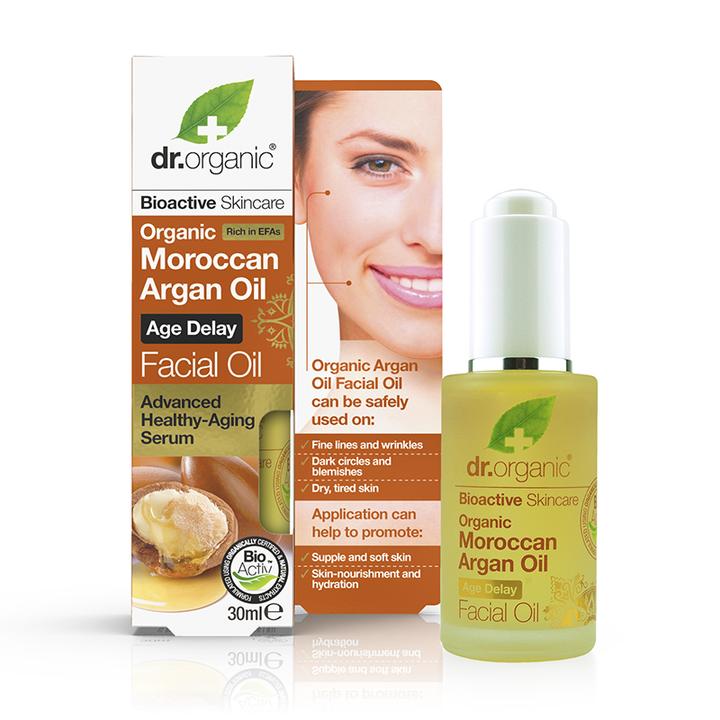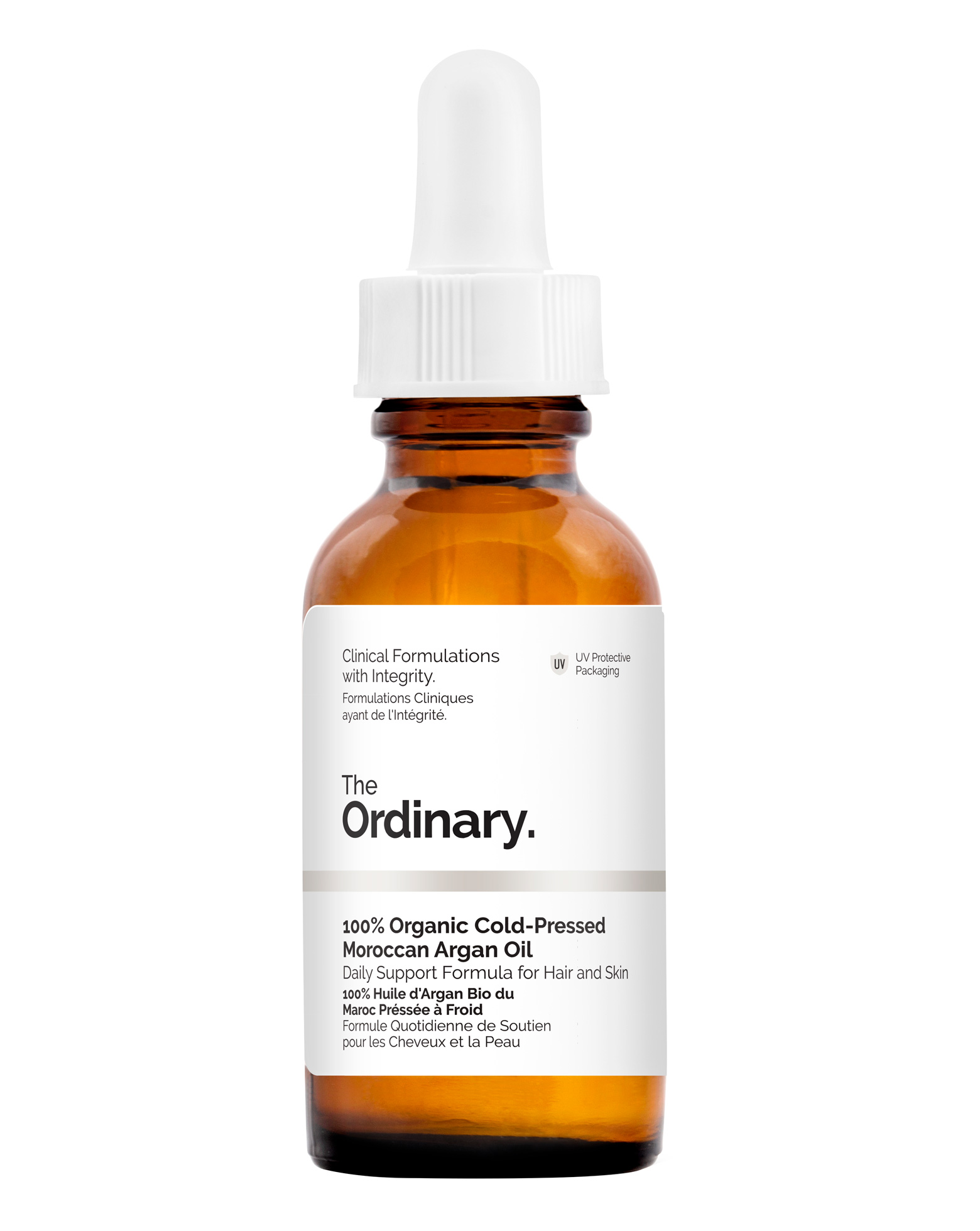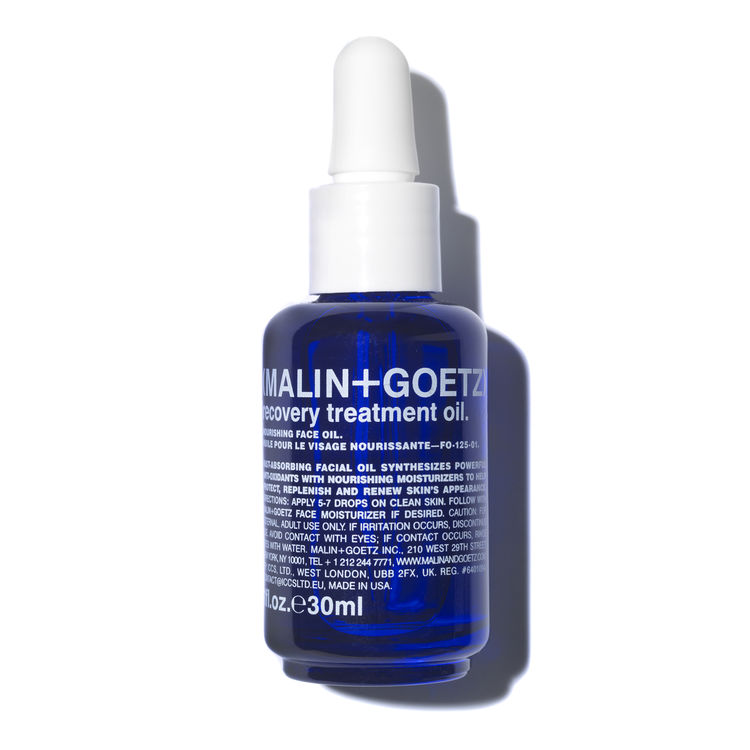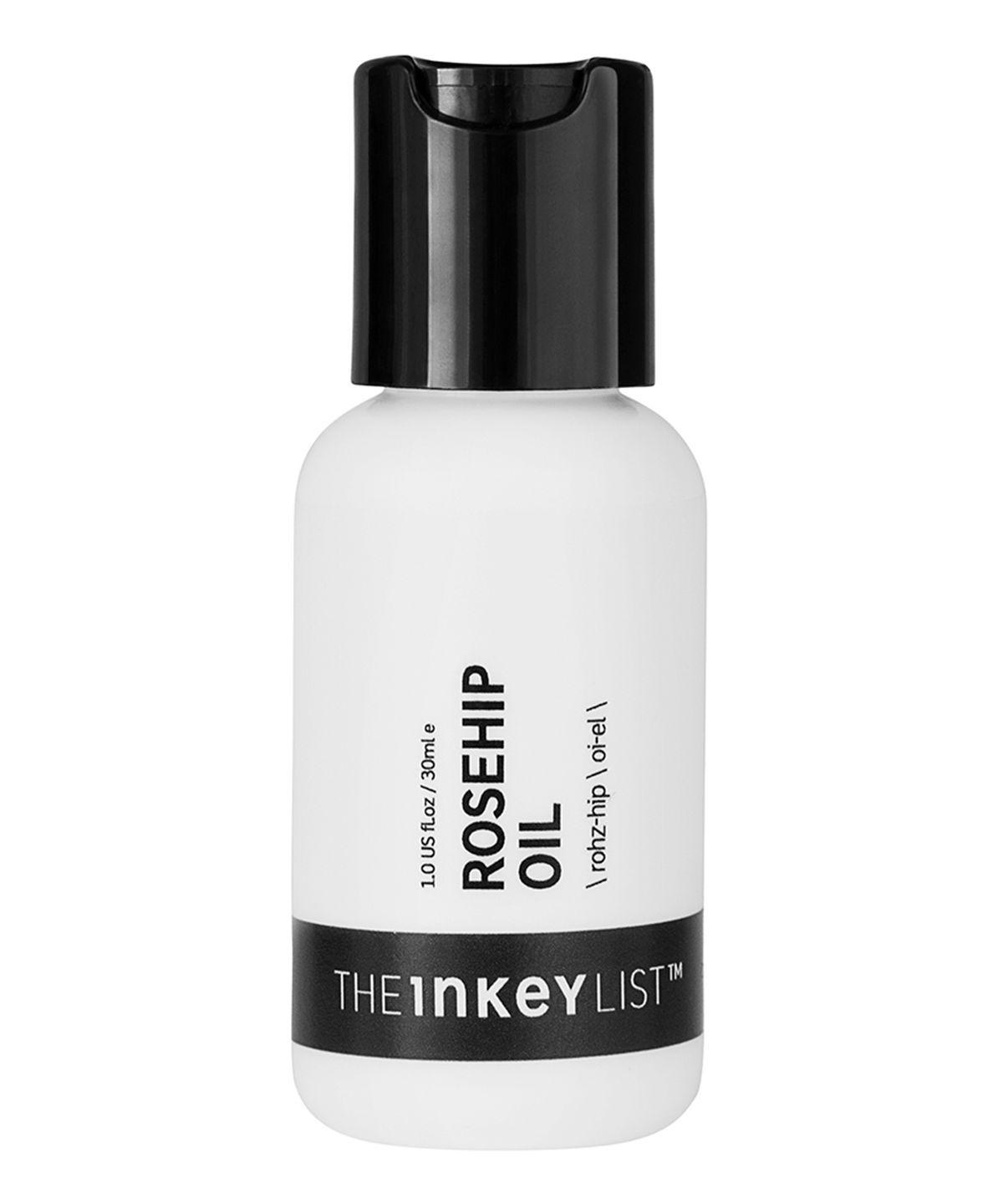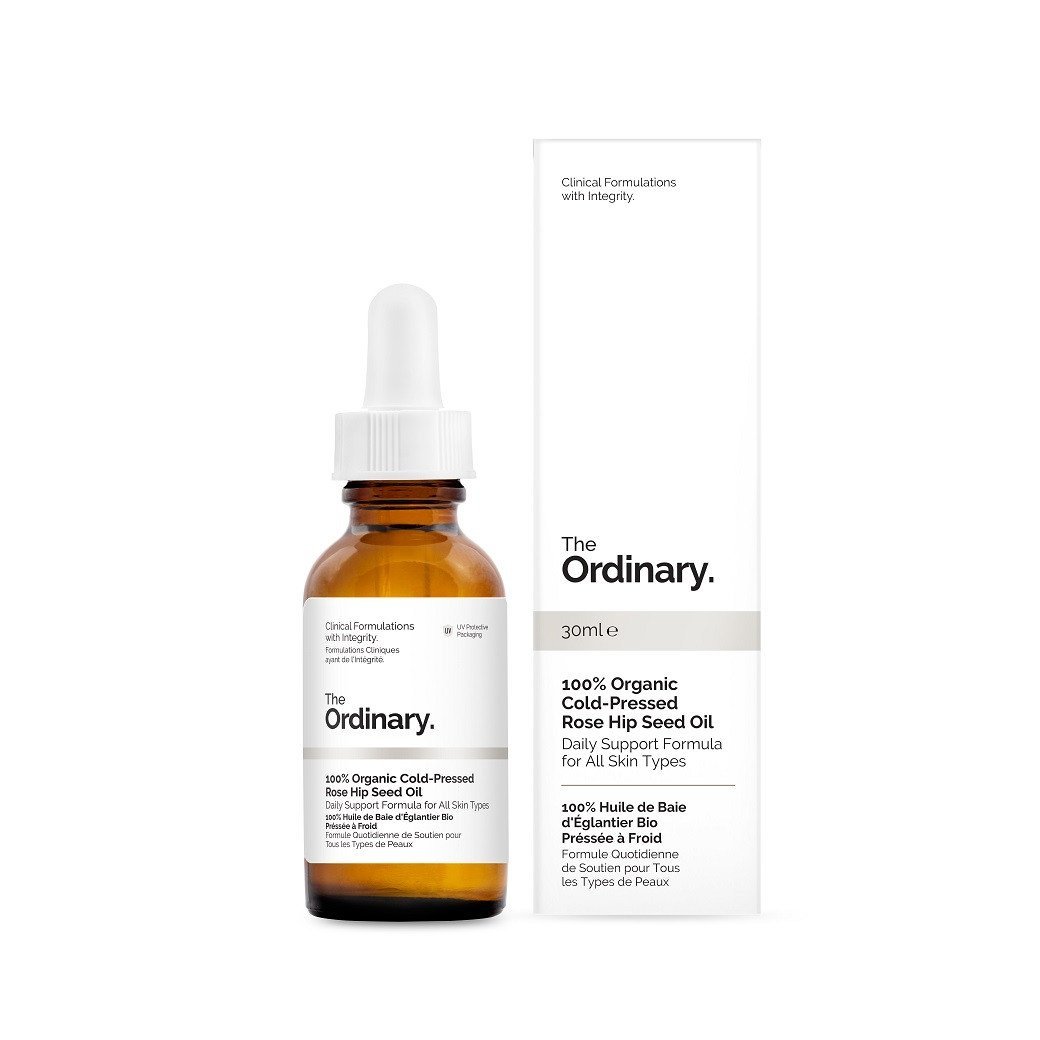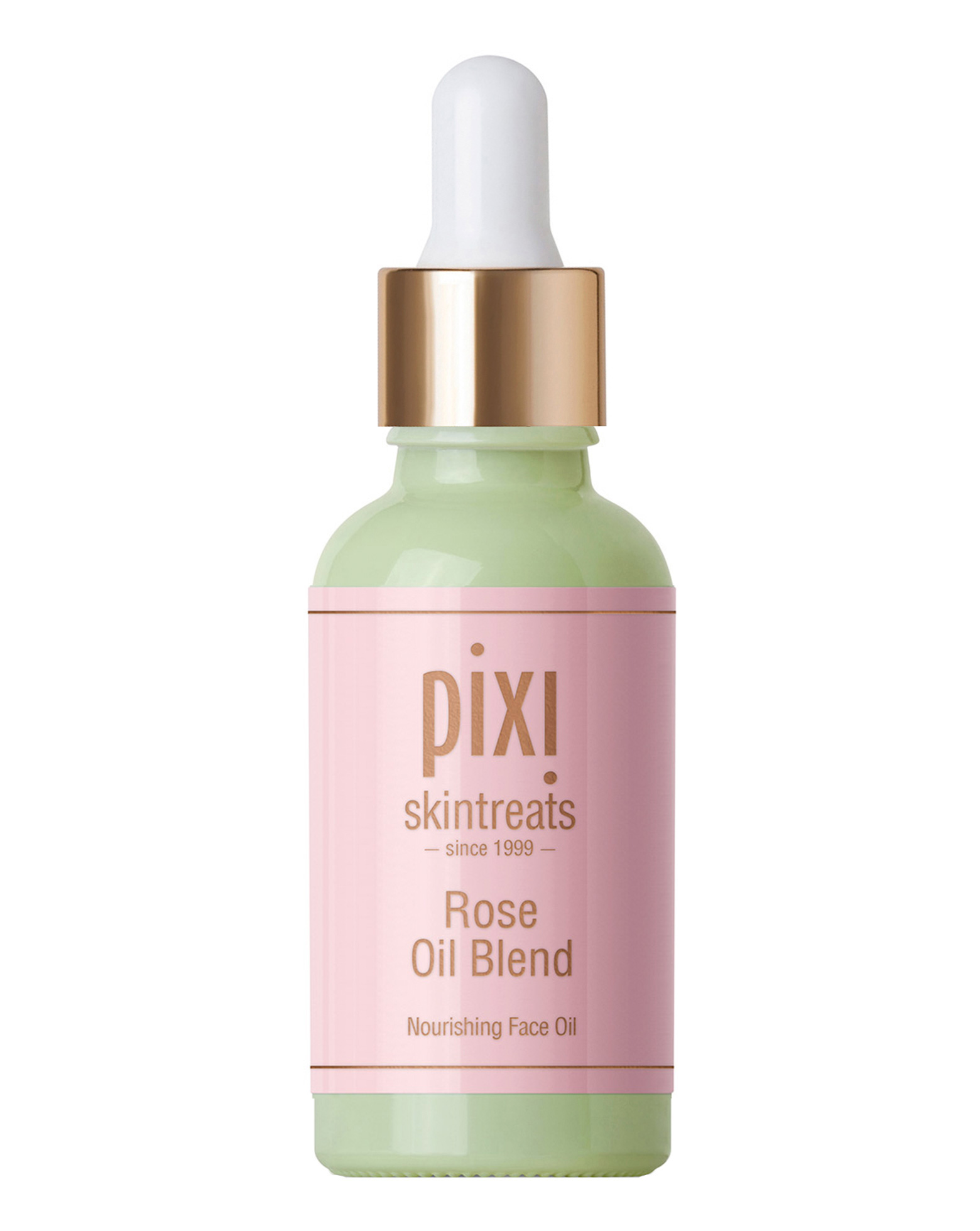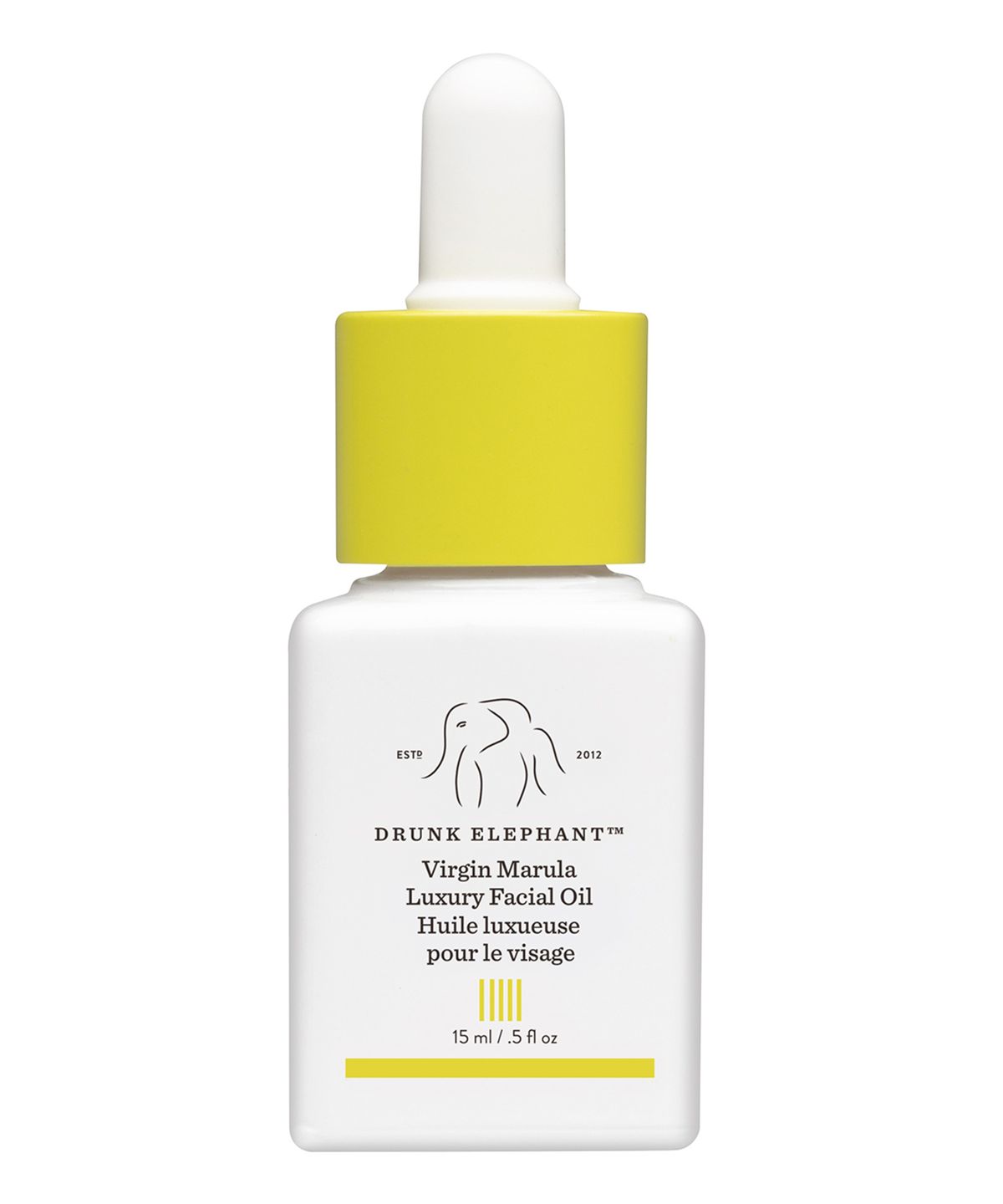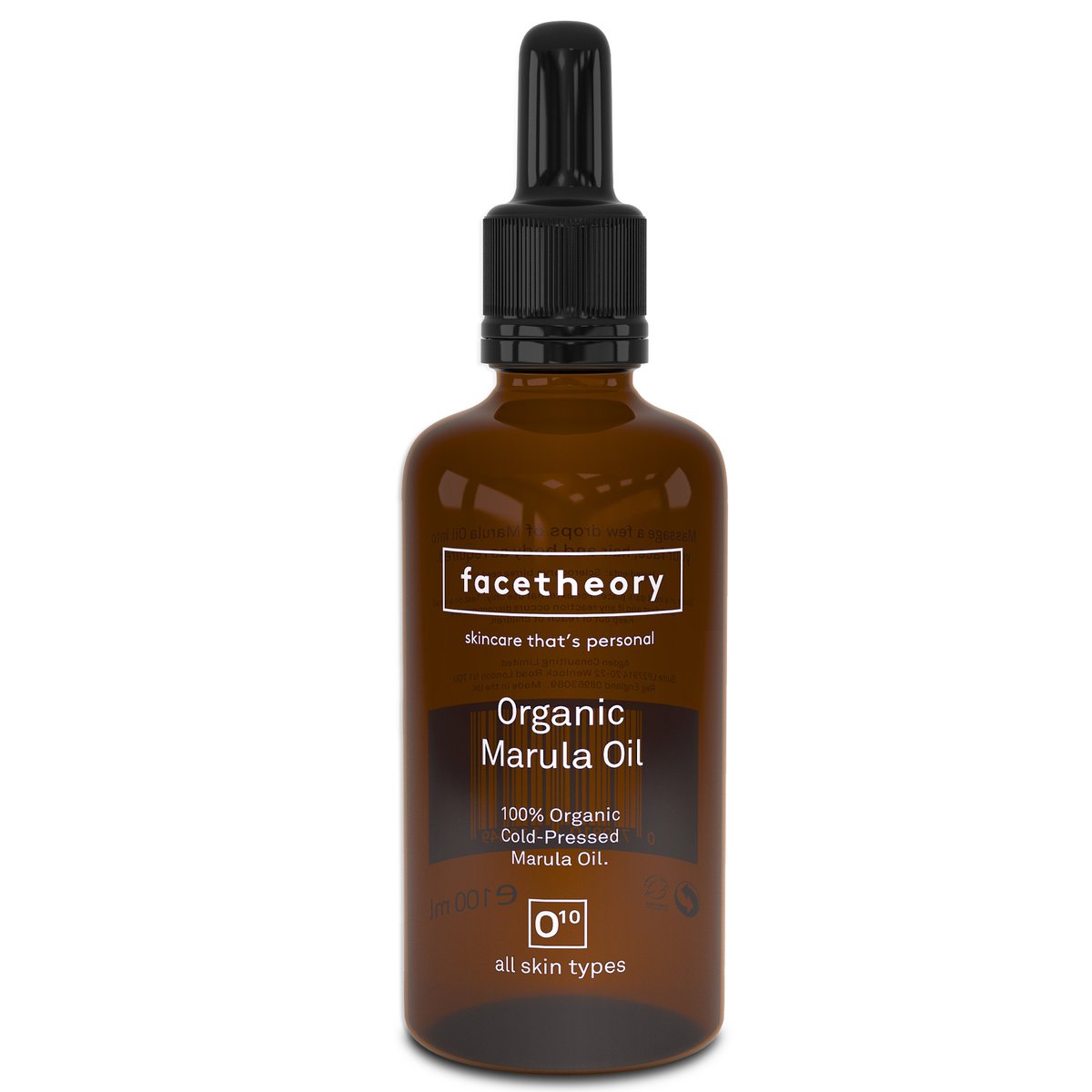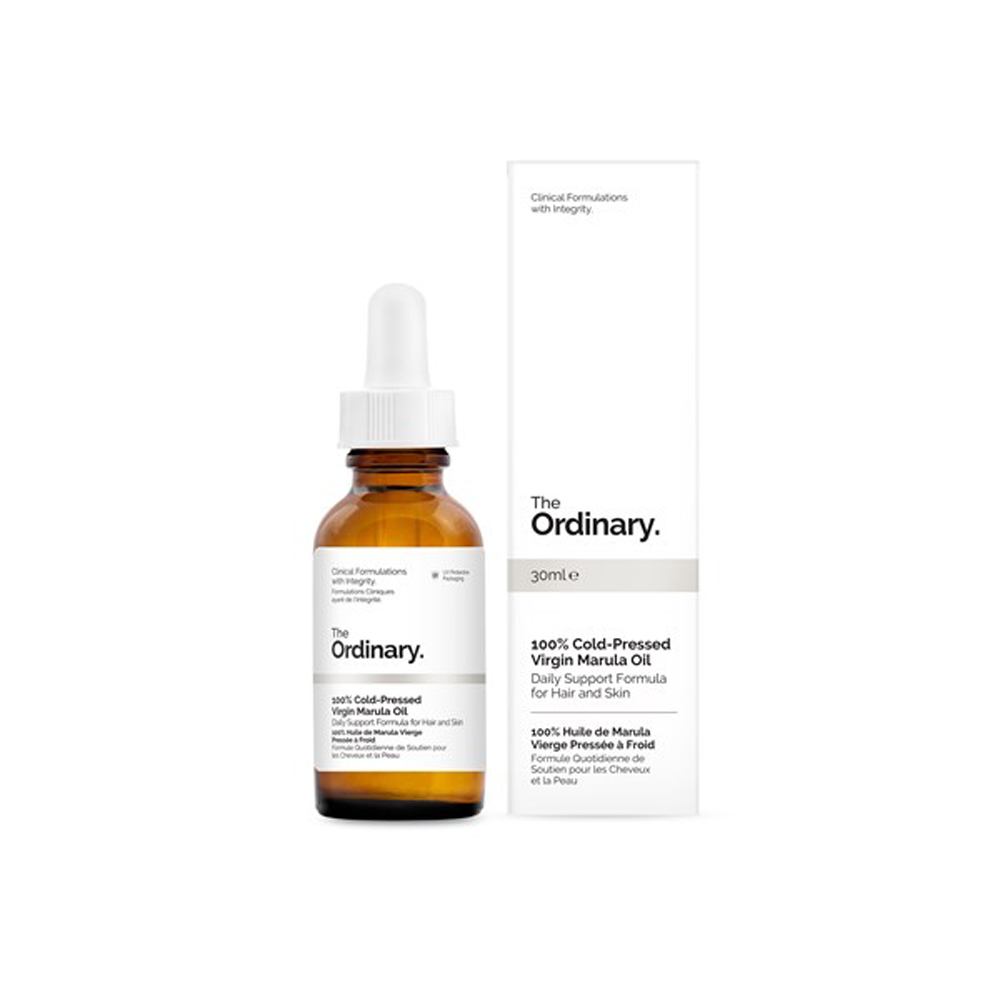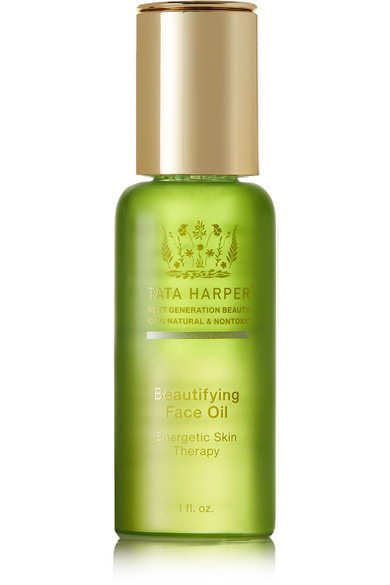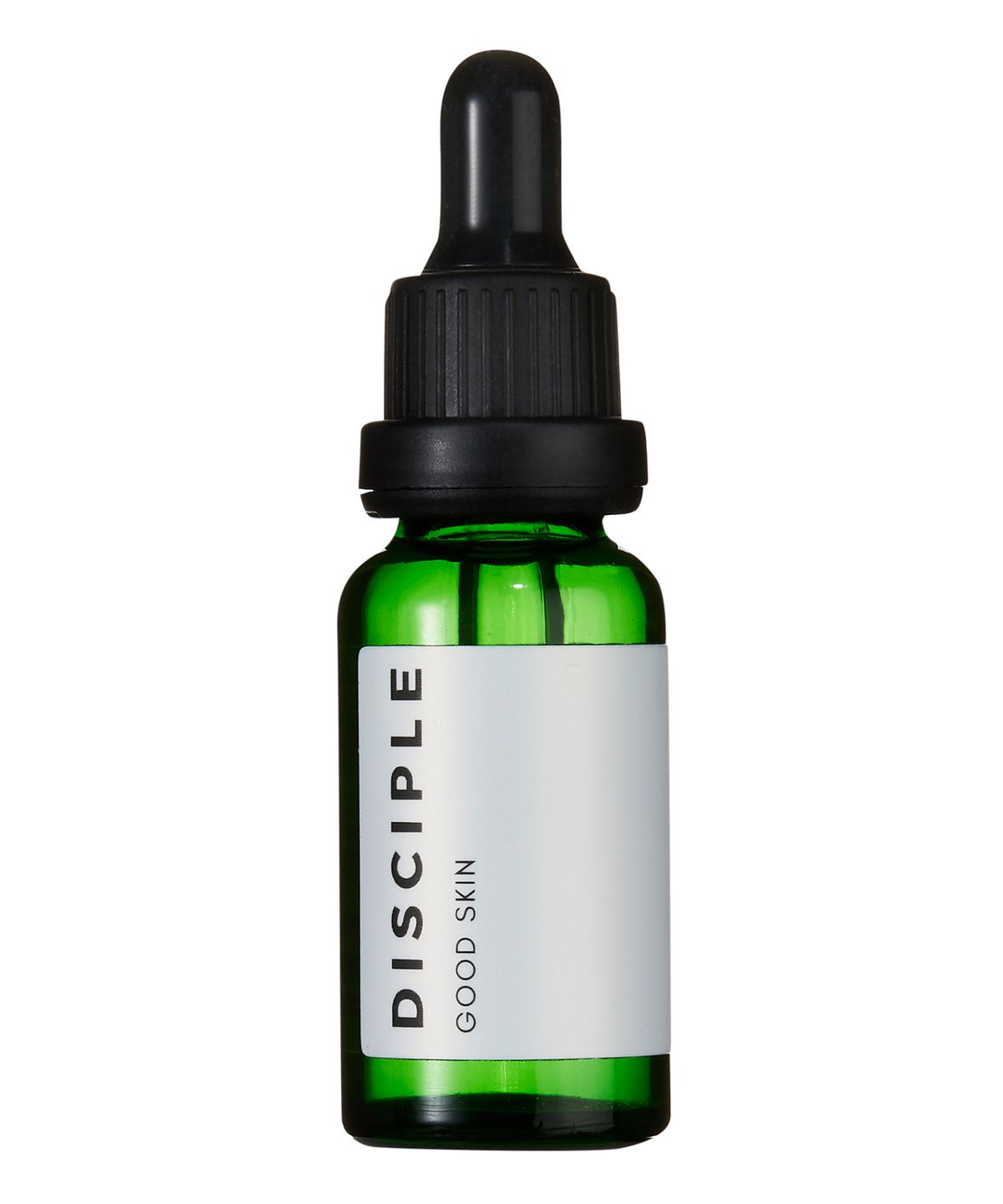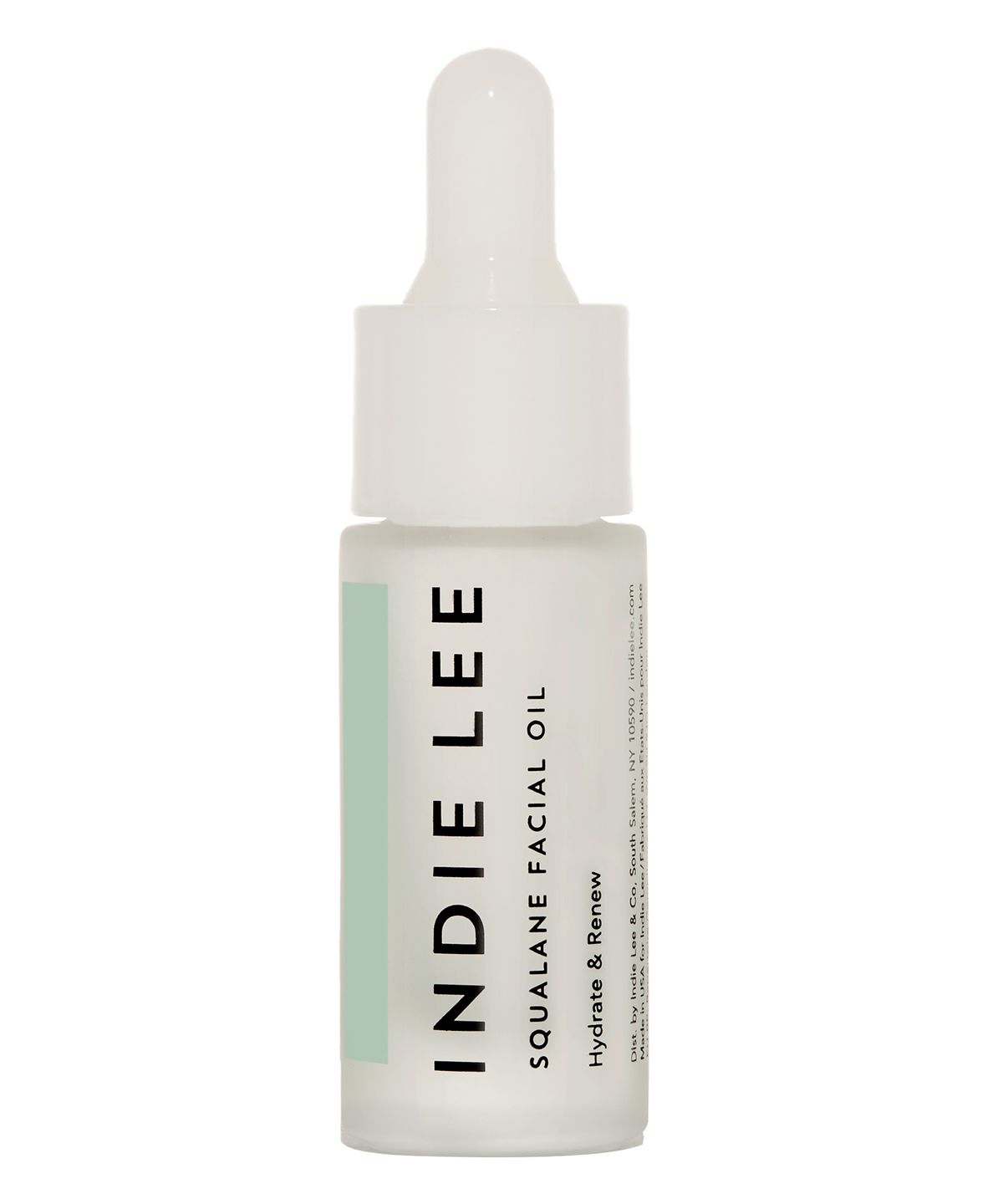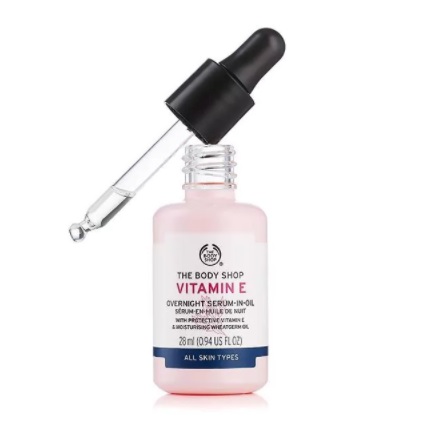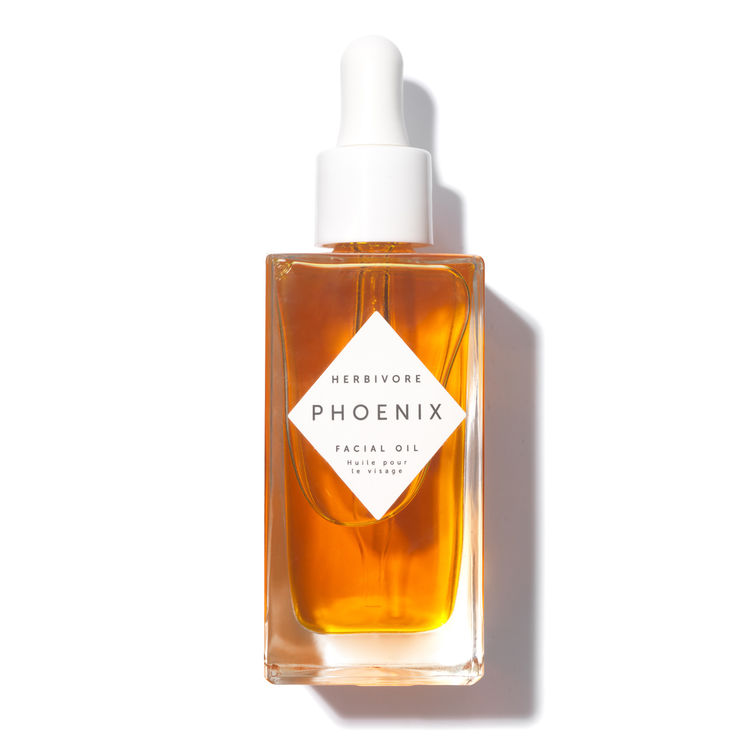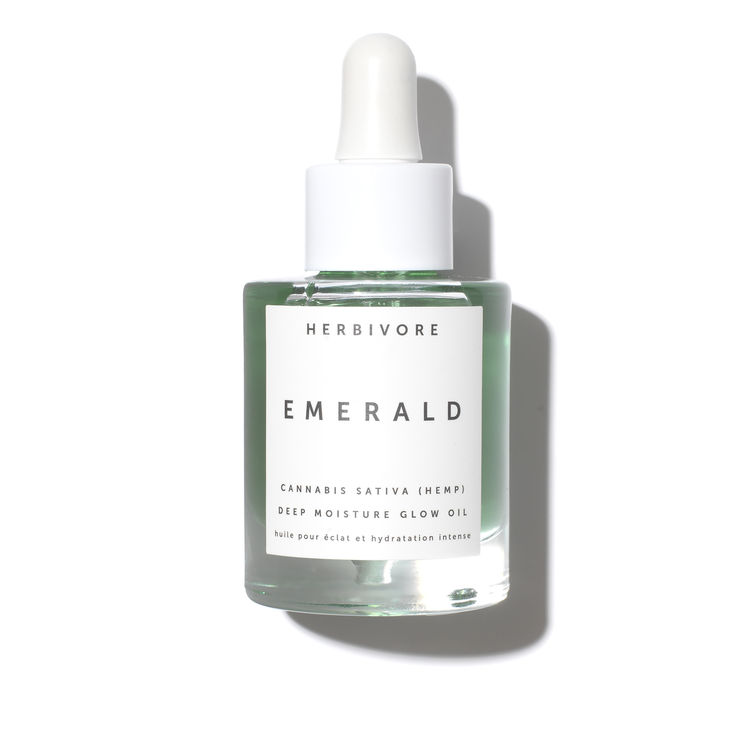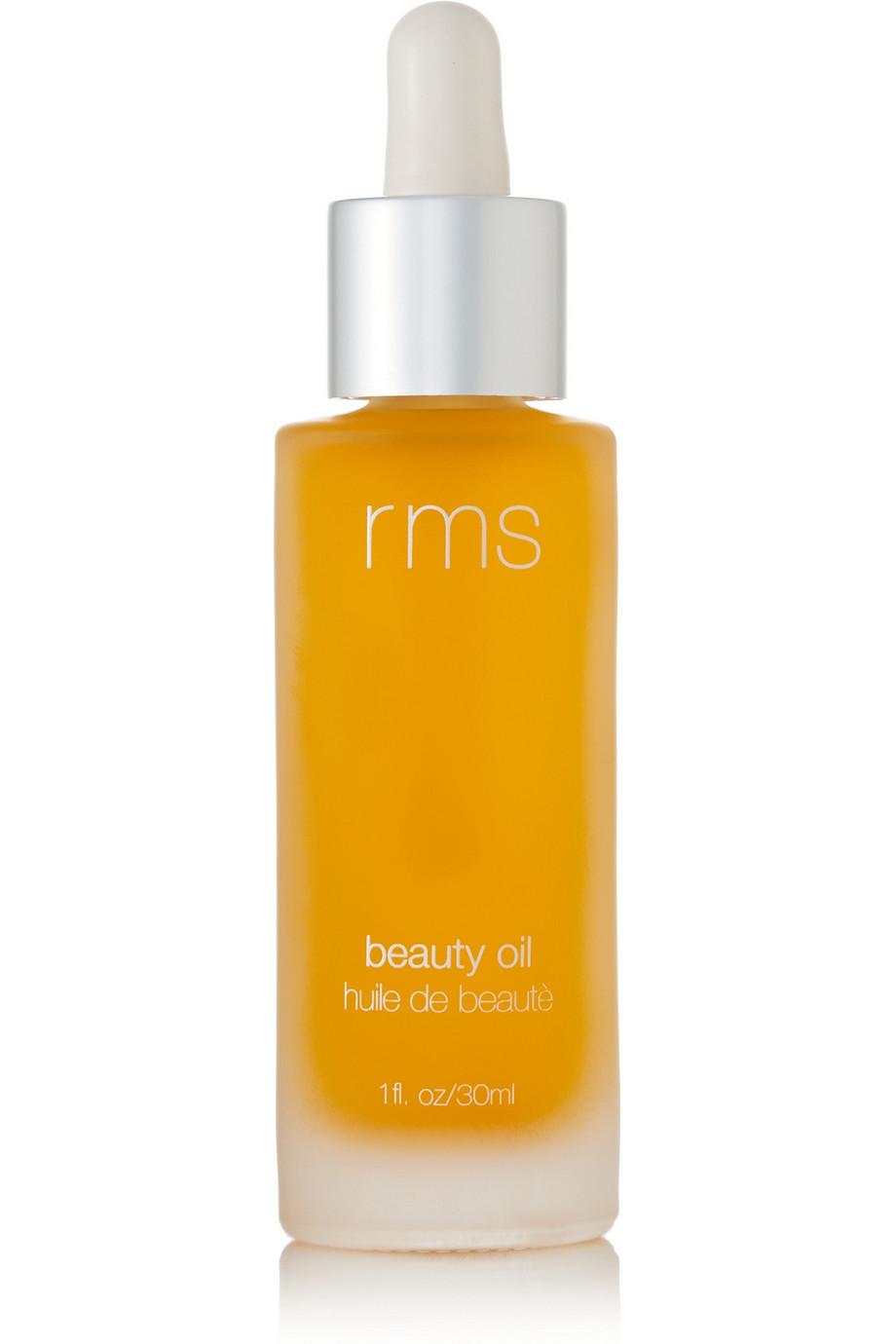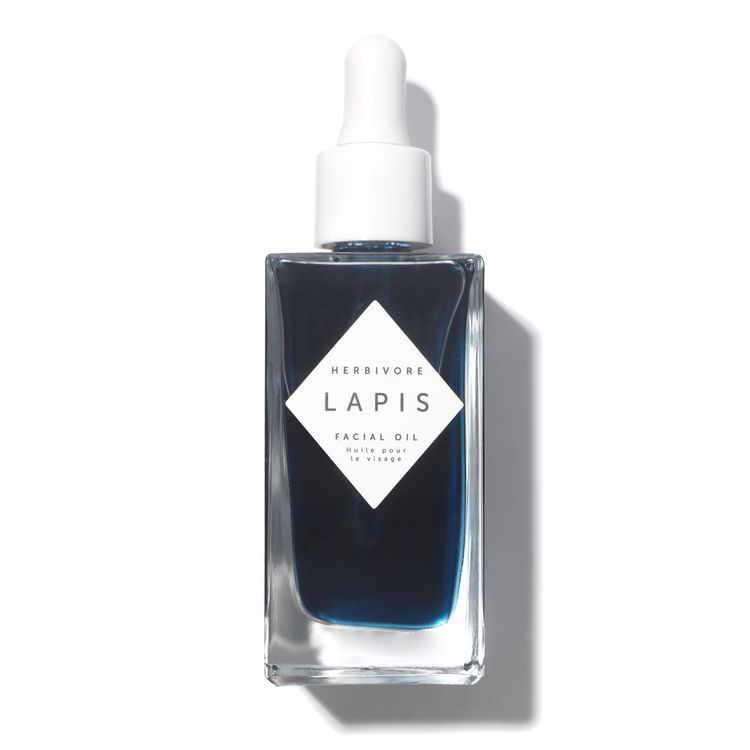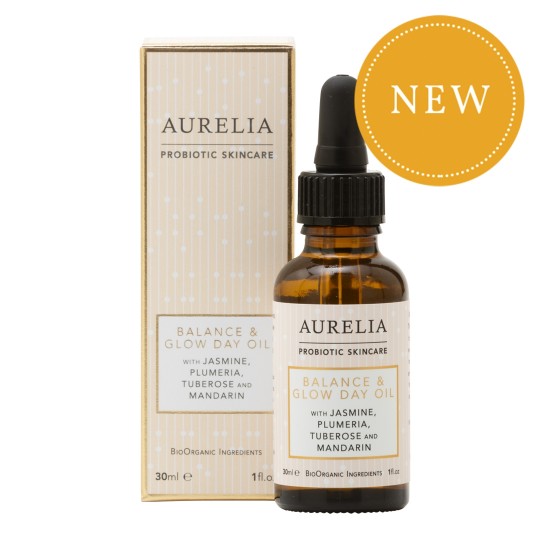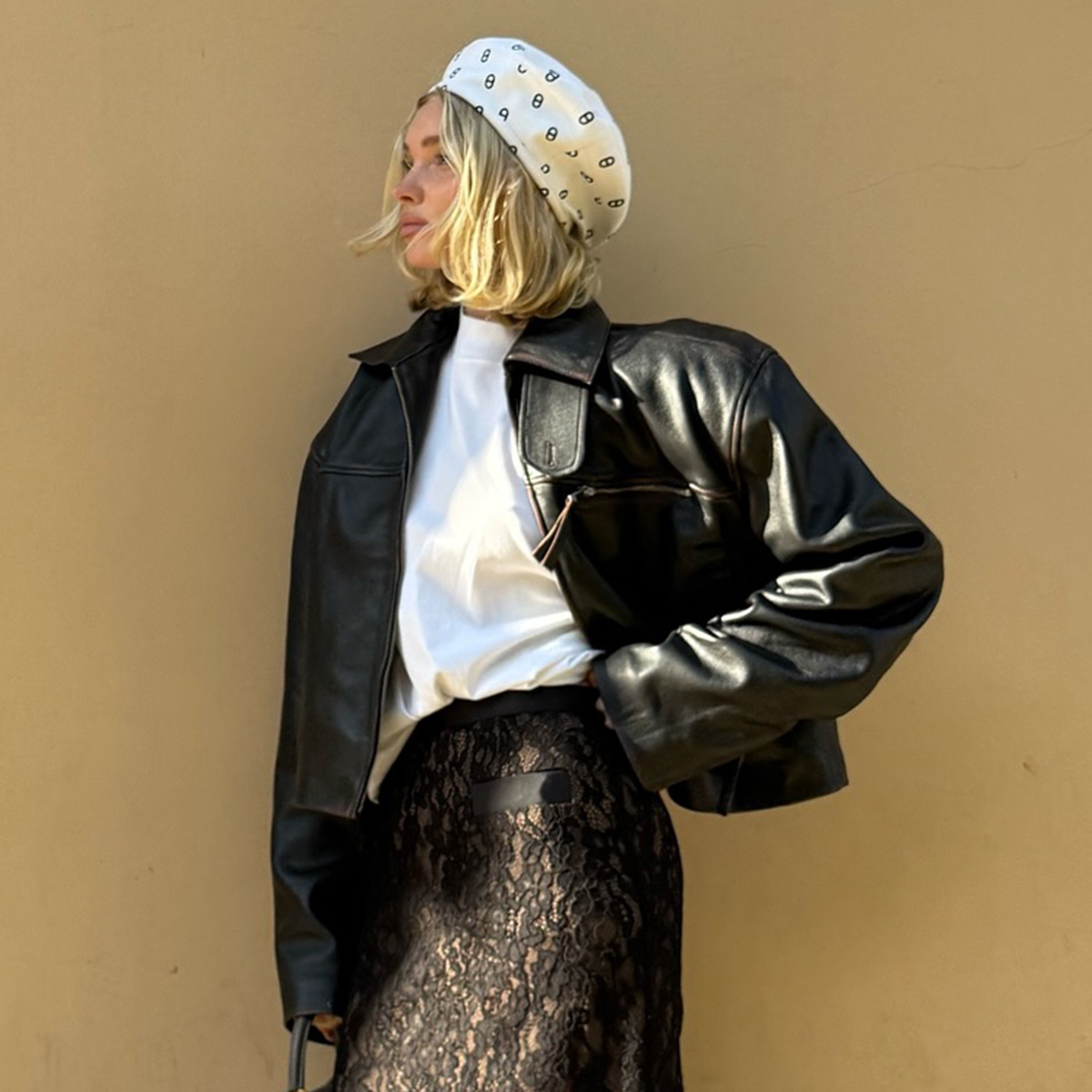The One Skincare Product an Expert Would Say Is Missing From Your Beauty Routine
We've spent plenty of time discussing the importance of cleansing here on Who What Wear. Getting the first step of your skincare right is key in creating a solid foundation for the rest of your routine… but what about the other steps? From toners and exfoliators to serums and moisturisers, there are a whole host of other seemingly essential skincare steps that are key in our quest to amazing skin. But there's one product that often ends up being forgotten about above all others: face oil.
Praised for its hydrating abilities and super-powerful ingredients, face oil can help with a multitude of skin issues, including dehydration, pigmentation and environmental damage. So why should we be using a face oil in addition to our many other steps such as the use of serums? "Oils are focused on hydration for glowing skin, whereas serums target wider concerns," explains Mark Curry, co-founder of The Inkey List. "In your skincare routine, use serums first (after cleansing and hopefully toning) before your go-to oil or moisturiser."

Related: How to Choose the Right Essential Oils If You Have No Idea Where to Start
In other words, the biggest concern isn't whether you should be using a face oil—it's the type of oil you should be choosing. There are many different oils, from argan to jojoba and rose-hip to olive. It's largely about the level of hydration your skin actually needs. Mark recommends sticking to "non-clogging oils" if you suffer from acne or oily skin. These include rosehip, squalane, borage, camelia, safflower and sea buckthorn. For mid-level moisture, move up the comedogenic scale for increased nourishment from medium oils like almond, rice bran and primrose, he says. For deeply dehydrated skin, Mark recommends opting for moringa, marula, avocado, coconut oil and cocoa butter.
To help you decide which one's best for you, take a look at our comprehensive guide of some of the most popular types of oil…
Argan Oil
Argan oil is an all-natural plant-derived oil that contains vitamin E and fatty acids, meaning it's brilliant for moisturising the hair, body and face. Because of this, argan is best for skin that's dehydrated rather than skin that's oily and suffers from breakouts.
Rose-Hip Oil
Rose-hip oil is a great option for oily or acne-prone skin, as it doesn't clog pores. It's also great for sensitive skin types. For this reason, Mark calls rose-hip the ultimate "all-rounder." "Rose-hip is a gold standard go-to oil, as it ensures nourishment, hydration and antioxidants, which enable not just brightening but also skin renewal."
Marula Oil
Marula oil is packed full of antioxidants (even more than argan has), as well as essential fatty acids like omegas 6 and 9. Because of this, it's brilliant at protecting skin from environmental aggressors like pollution, and at keeping skin looking supple and fresh. It contains smaller molecules than most oils, so it can penetrate deeper into the skin and absorb quickly. Marula is also noncomedogenic, meaning it hydrates deeply but won't clog pores or worsen breakouts. If anything, it will probably help them because of its unique benefits.
Olive Oil
Most squalane-based oils are derived from olives, meaning they're a great option if you fancy trying olive oil on your face. While it may sound heavy, squalane (like rose-hip) is also a great option for oily or acne-prone skin, as it's still fairly light. "It's super hydrating for acne- and eczema-prone skin due to a boosted anti-inflammatory," explains Mark.
Related: From Emma Stone to Julia Roberts, Celebs Are Now Using Olive Oil on Their Faces
Vitamin E Oil
Vitamin E oil is more of a heavyweight contender that should be reserved for dry skin types. Because it's an antioxidant, vitamin E is another oil that's great at protecting skin from pollution, but it really comes into its own when it comes to hydration and repair. Vitamin E is deeply nourishing, as it tackles dryness, and repairs damage done from burns or scars. It's also a natural anti-inflammatory, so it does wonders to soothe damaged skin.
Jojoba Oil
Jojoba is rich in vitamins A, E and D as well as antioxidants and fatty acids, making it a bit of an all-arounder. It is also everything from antibacterial and antifungal to hypoallergenic and anti-inflammatory. Jojoba is deeply nourishing, and can penetrate deeply into the skin, but can actually suit all skin types regardless of your concerns. If you don't know where to start with face oils, start here.
Up next, take a look at this deep dive into argan oil.
-
 I Have a Fear of Greasy Face Oils, But This French Formula Is *Chef's Kiss*
I Have a Fear of Greasy Face Oils, But This French Formula Is *Chef's Kiss*I don't keep secrets.
By Jamie Schneider
-
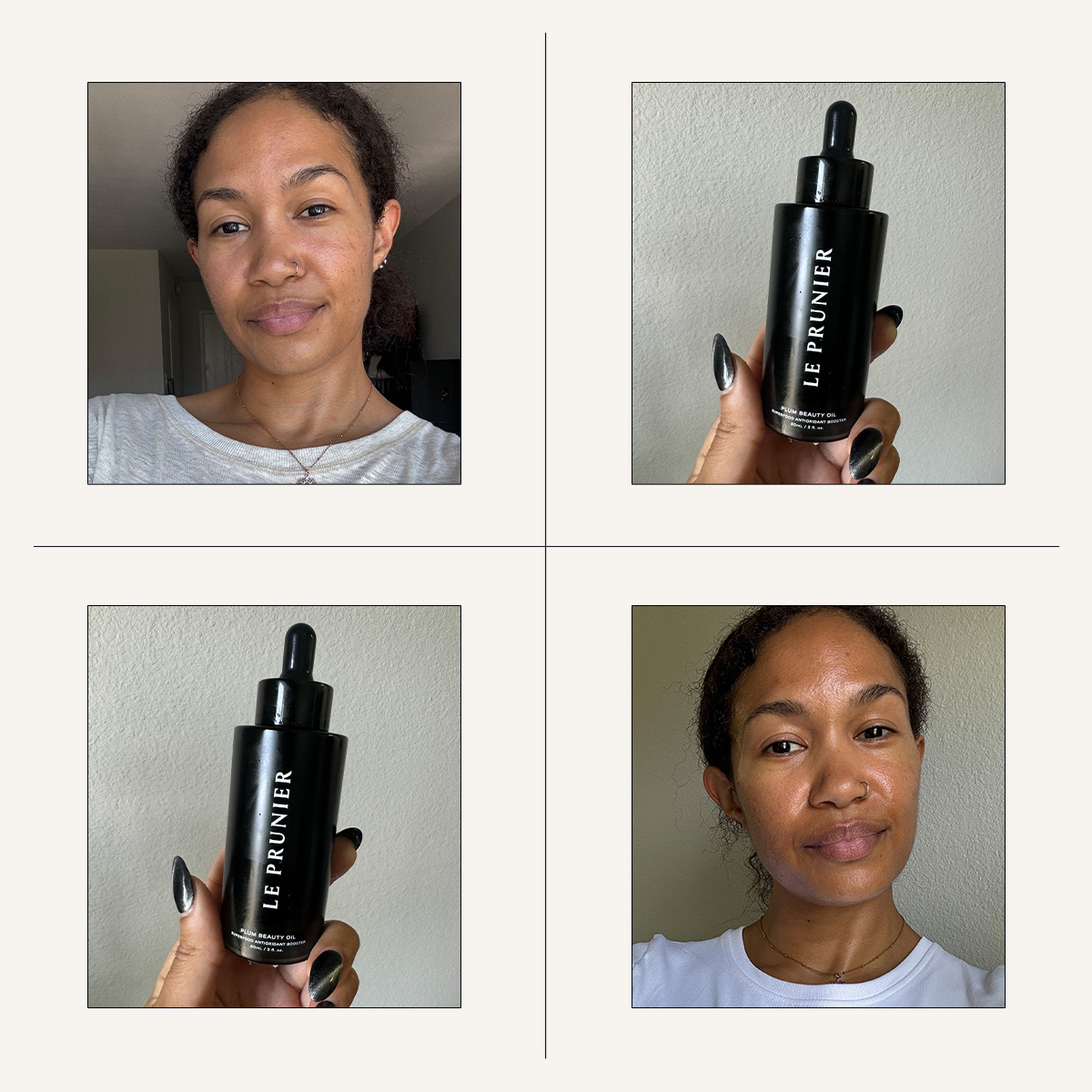 This Cult-Loved Beauty Oil Hydrates, Brightens, and Protects My Acne-Prone Skin Like No Other
This Cult-Loved Beauty Oil Hydrates, Brightens, and Protects My Acne-Prone Skin Like No OtherIt's a nonnegotiable item in my routine now.
By Shawna Hudson
-
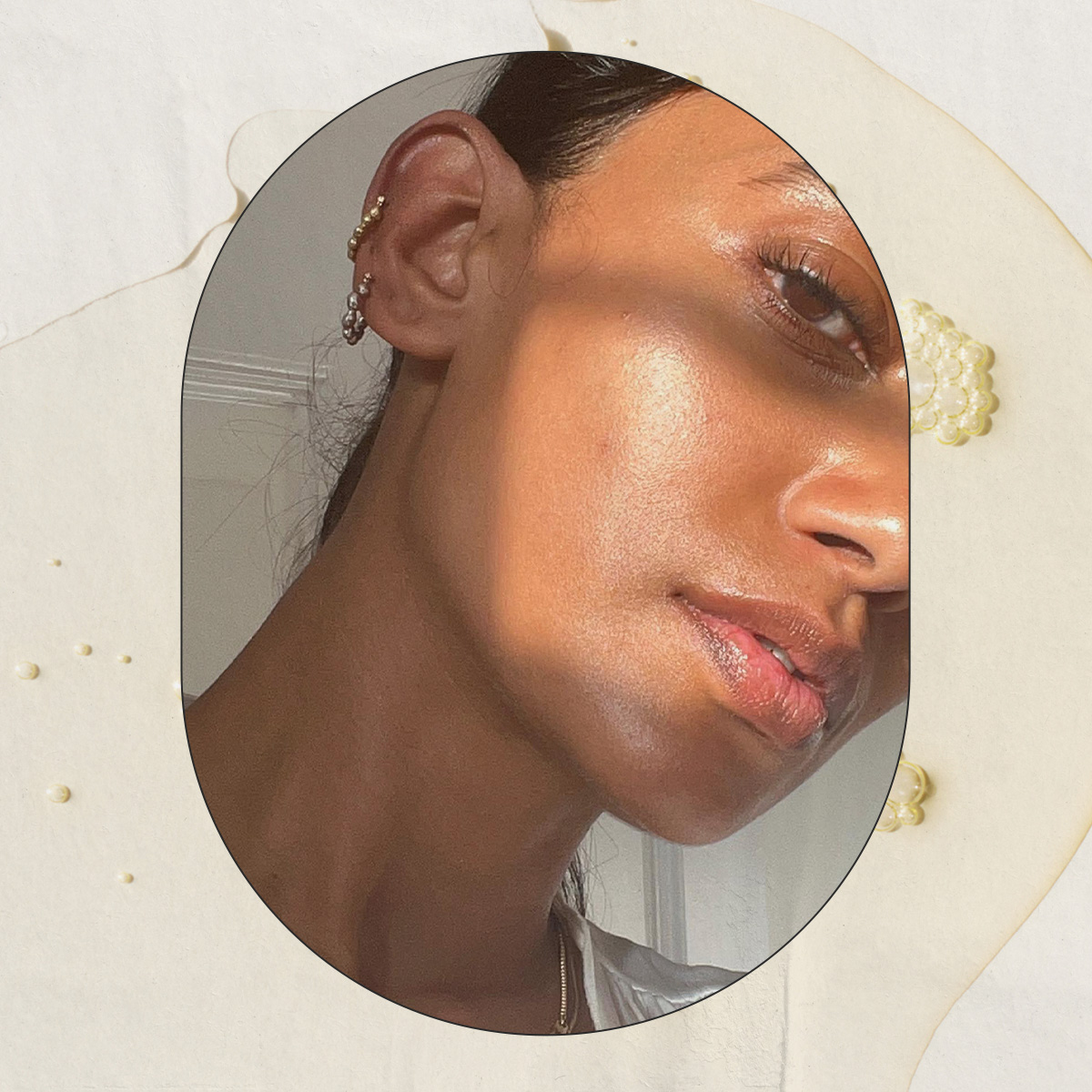 Stressed About Clogged Pores and Congestion? Let Me Introduce You to This Underrated Face Oil
Stressed About Clogged Pores and Congestion? Let Me Introduce You to This Underrated Face OilIt's anti-inflammatory and non-comedogenic.
By Kaitlyn McLintock
-
 Riley Keough, Gwyneth Paltrow, and Hailey Bieber All Use This One Face Oil
Riley Keough, Gwyneth Paltrow, and Hailey Bieber All Use This One Face OilI'm adding it to my cart immediately.
By Kaitlyn McLintock
-
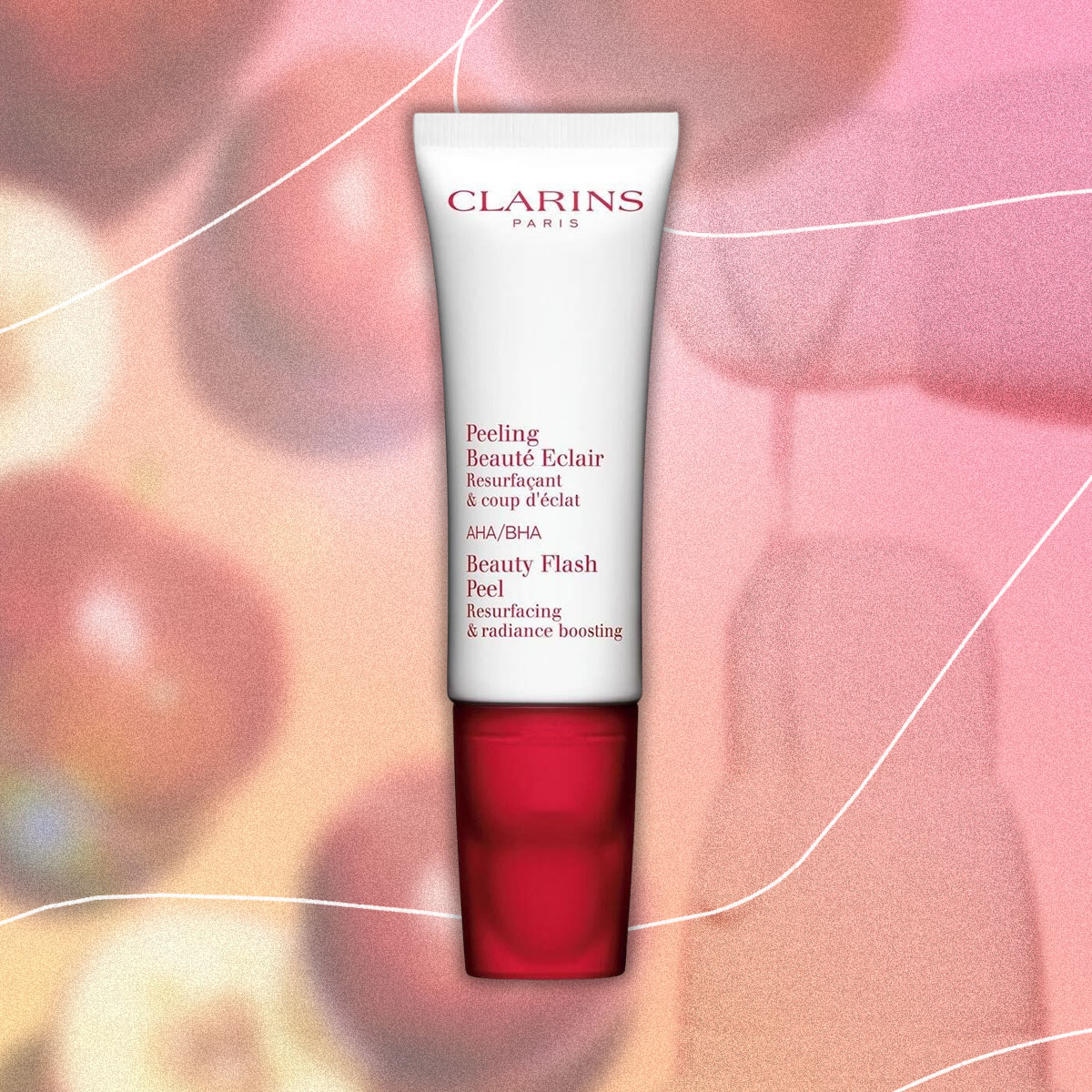 The New Face Mask Giving My Facialist a Run for Her Money
The New Face Mask Giving My Facialist a Run for Her MoneyPlus the other beauty products doing the most.
By Natalie Gray Herder
-
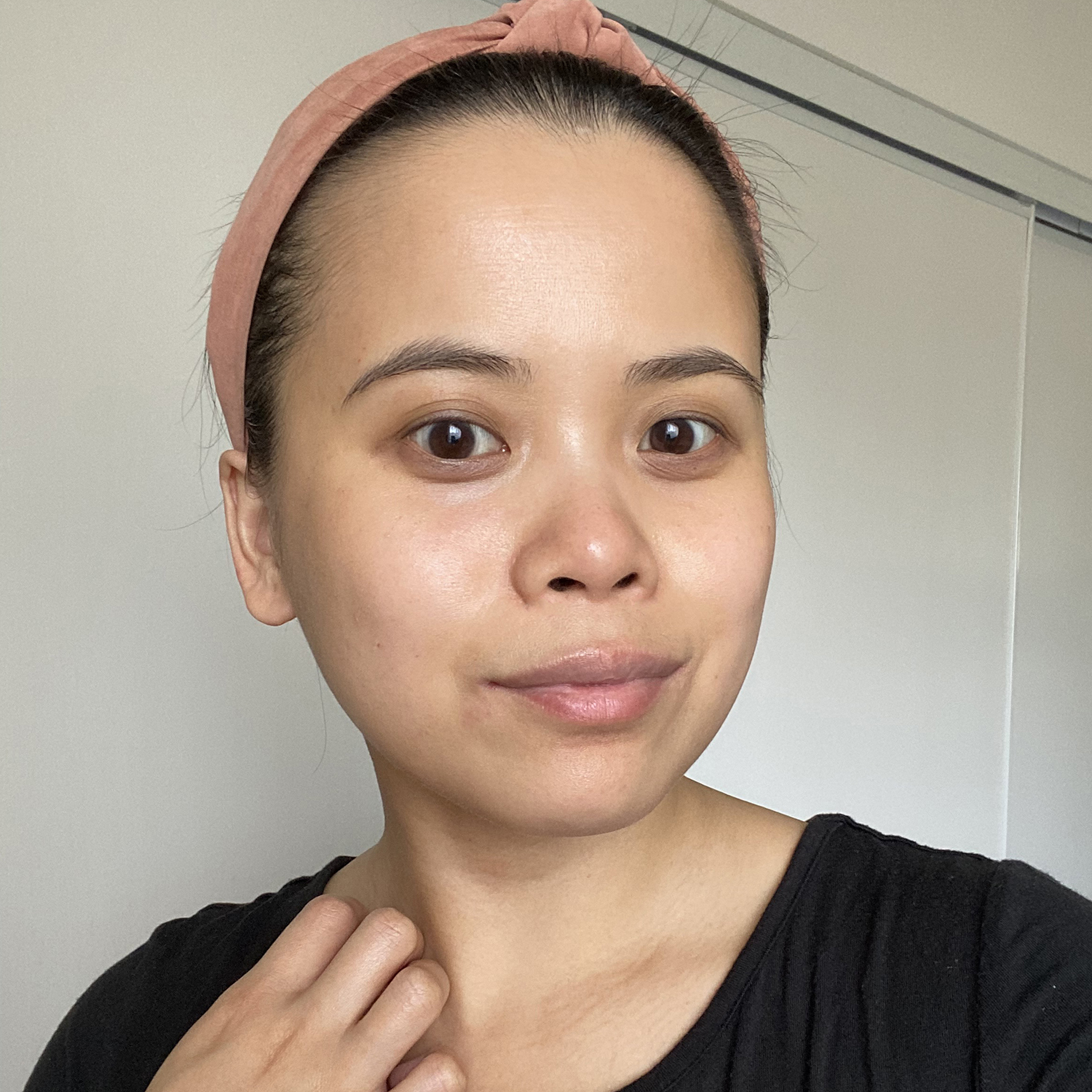 I Was a Face-Oil Virgin Until I Realized It Could Transform My Super-Dry Skin
I Was a Face-Oil Virgin Until I Realized It Could Transform My Super-Dry SkinGame changer.
By Sarah Yang
-
 Retinol Oils Are Having a Major Moment—Here Are 15 Worth Trying
Retinol Oils Are Having a Major Moment—Here Are 15 Worth TryingAll of the glow, none of the irritation.
By Lindy Segal
-
 So Many Face Oils Claim to Have Skin-Tightening Perks, so I Investigated
So Many Face Oils Claim to Have Skin-Tightening Perks, so I InvestigatedTwo top skin experts reveal the truth.
By Erin Jahns
